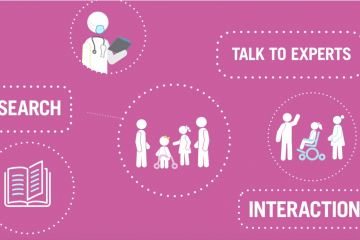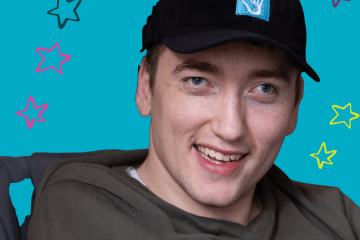Botulinum Toxin Top 10 Questions
Here are the top 10 questions you may want to ask if your doctor recommends botulinum toxin for your child:
1. Why is botulinum toxin recommended?
2. What kinds of benefits or changes can you expect from the injections?
3. What type of botulinum toxin is being used?
There are several different kinds of botulinum toxin on the market. Be sure to ask what kind your physician plans to use. Dosing can vary depending on which kind of botulinum toxin is being used.
4. How long does botulinum toxin last?
This can vary between children, but usually it lasts between three and six months.
5. What you can expect after the injections?
This can be just as important as the injection itself. Usually there might be an increase in therapy, a change in bracing or something else, but be sure you know what the plan will be.
6. Do the injections need to be repeated?
Botulinum toxin does wear off eventually and so for some children, the doctor will anticipate that they will need a series of injections.
7. Is my child too young for botulinum toxin?
This medication is used safely in babies as young as two months old, all the way up into adulthood.
8. What kind of technique does your doctor plan to use for the injections?
Some doctors use no sedation at all. Other doctors will use a mild cream to numb up the skin and still others may take the child to the operating room where an anesthesiologist gives some mild sedation so your child is asleep during the injections. You might prefer that your child is put to sleep, or perhaps you don't want your child put to sleep. Either way, it's important to discuss your preferences with your doctor.
9. How long will it take until I see results?
It's important to know that you won't see any changes in your child on the day of the injection, but for the most part, by about three weeks the medication is in the muscle and working.
10. Is your physician a specialist in treating children with cerebral palsy?
There are a lot of people who are specialists and common specialties are orthopedic surgery, rehabilitation medicine, neurology, and neurosurgery.
"It's important to know that you won't see any changes in your child on the day of the injection, but for the most part, by about three weeks the medication is in the muscle and working."





